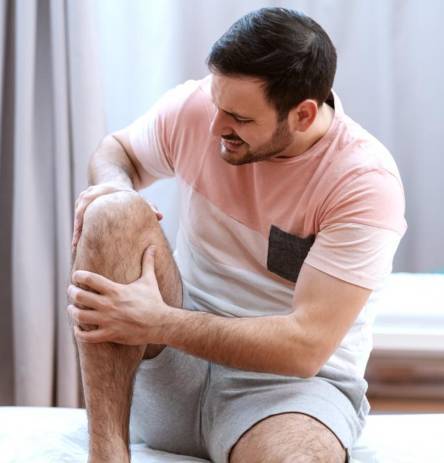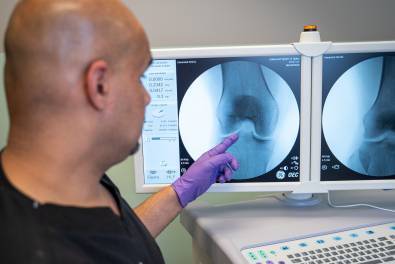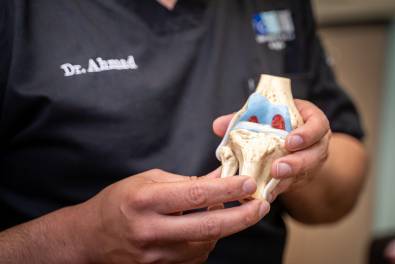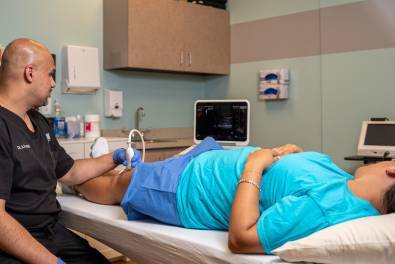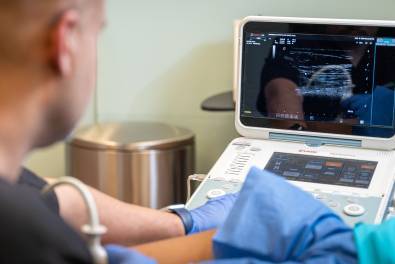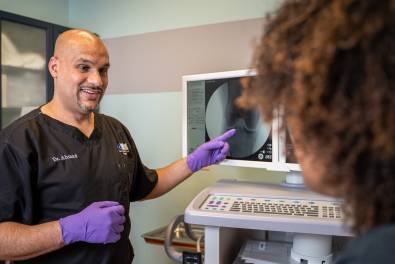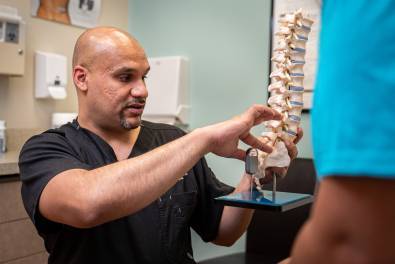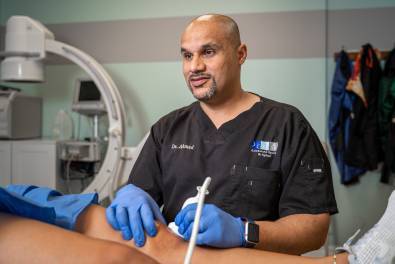×
MENUMENU
- Home
- About Us
- Where Does It Hurt?
- Exercises
- Frozen Shoulder Rehabilitation
- Low Back Pain Exercises
- Lumbar Extensor Strengthening Exercises
- Neck Spasm Rehabilitation
- Neck Strain Rehabilitation
- Upper Back Strain Rehabilitation
- Triceps Tendonitis Exercises
- Rotator Cuff Strain Rehabilitation Exercises
- Biceps Tendon Strengthening Exercises
- Sacroiliac Pain Rehabilitation Exercise
- Herniated Disk Rehabilitation Exercises
- Regenerative Medicine
- Book Appointment
- Blog
- Local Resources

